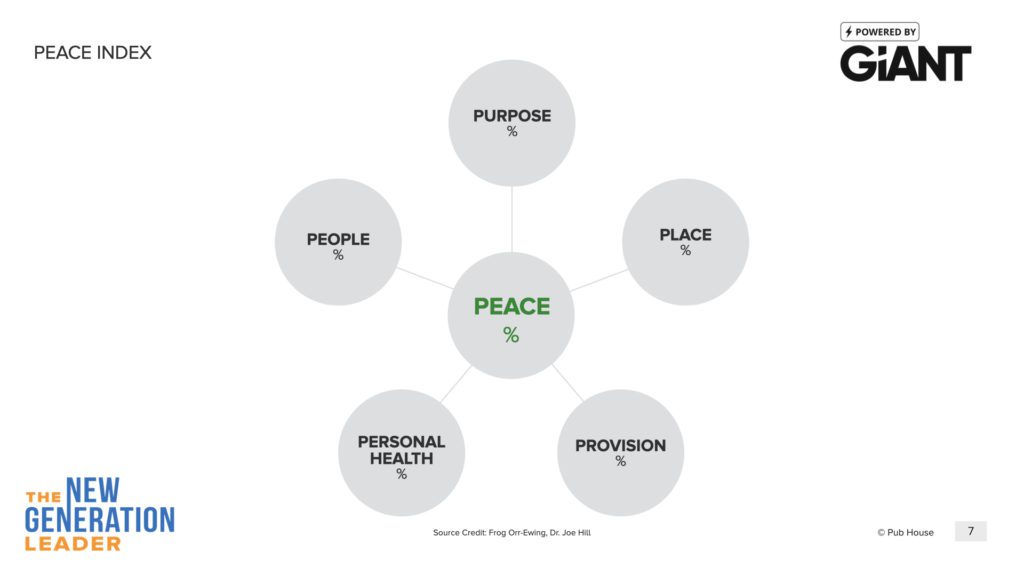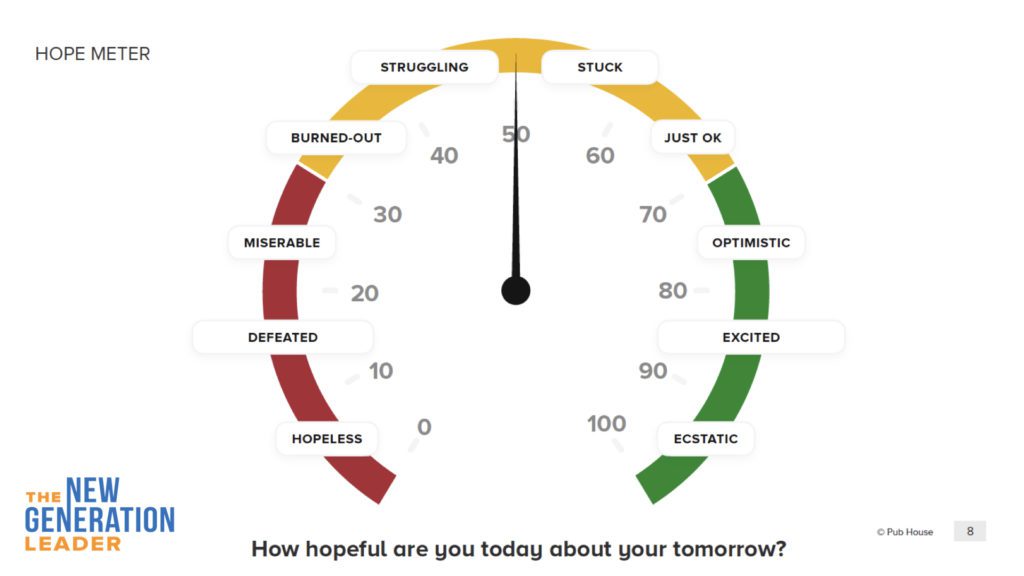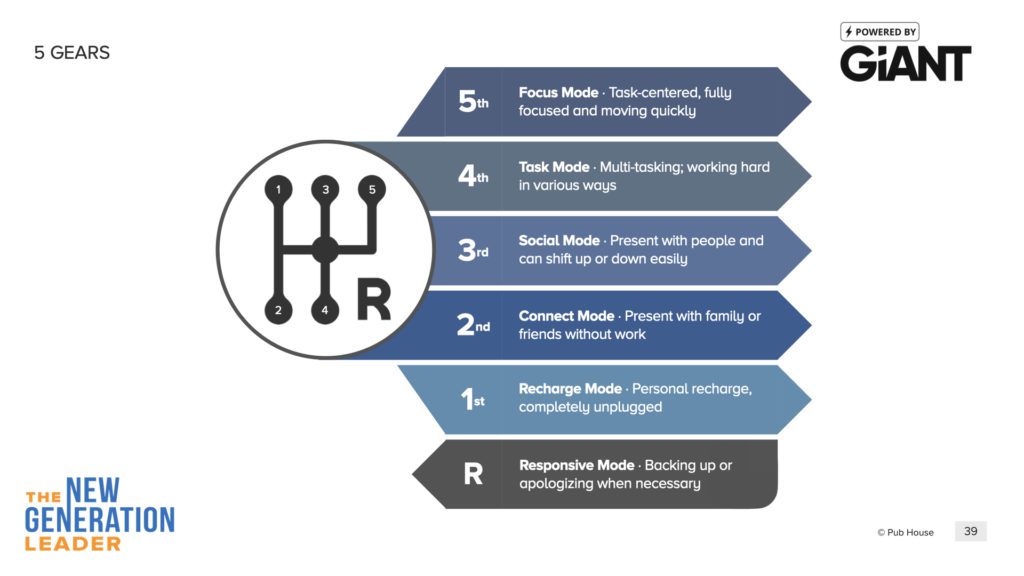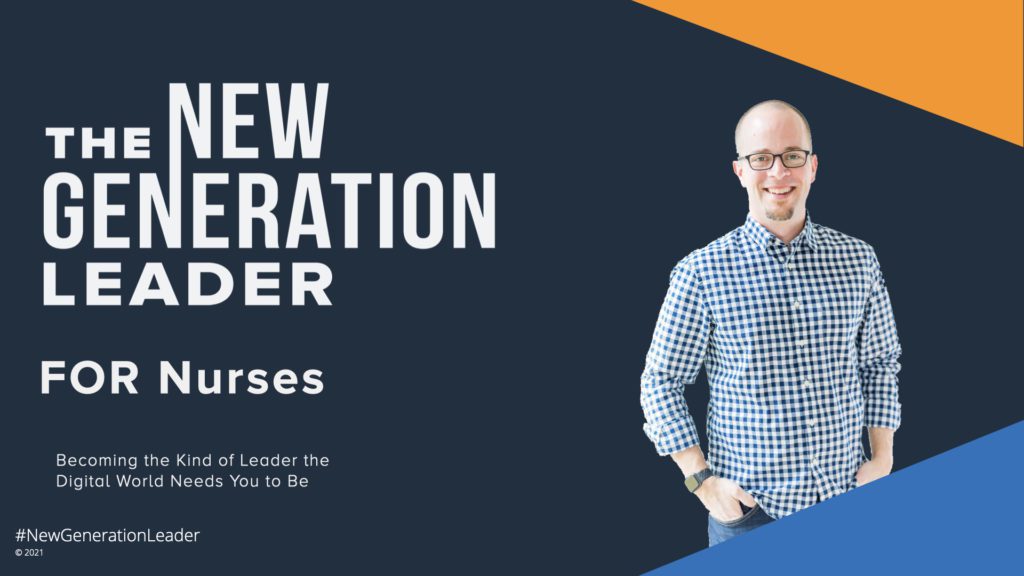As we approach the 2-year mark of the COVID-19 pandemic, nurses remain on the front lines. Nurses in hospitals and in doctor’s offices. They have committed to serving, yet the stress remains. They are watching patients struggle and die alone or be separated from loved ones.
And every day, they are also treating patients with non-COVID diagnoses, struggling to meet these basic healthcare needs while navigating a pandemic under stress.
And in some cases, they cannot provide care to those individuals who need it most. The system is overburdened.
What can we do? How can we support our nurse friends? How can we encourage a new generation of nurses to start their careers despite the challenges the profession is facing?
Let’s bring hope FOR Nurses on Episode 17 of the New Generation Leader podcast.
We are releasing Episode 17 in tandem with Episode 16: FOR Teachers to help our nurses and teachers on the front lines know we are FOR them and want the best for them. Listen to Episode 16.
Tools for Nurses
Download the Tools we included in today’s show, and learn more about how to teach or apply them in your school:



Stories from Nurses
NPR interviewed 3 nurses in December, including my friend and the President of the Philippine Nurses Association of America (PNAA), Dr. Mary Joy Garcia Dia. We included a clip of MJ’s comments in the podcast.
MJ references this survey from the American Nurses Foundation, which was updated in October 2021. The news is not encouraging.
PNAA is an organization representing a membership of more than 5,000 Filipino nurses in America. The organization was recognized by the White House in October 2021 for its work in supporting nurses on the frontlines of the pandemic.
The New York Times highlighted members of its New York chapter in January 2021 as fears of a second wave set in.
American Nurses Association Urges US Department of Health and Human Services to Declare Nurse Staffing Shortage a National Crisis
Did you know the nursing shortage was already a crisis before the pandemic? The shortage is only getting worse.
The American Nurses Foundation wrote to Health and Human Services Secretary Xavier Becerra in October to advocate on behalf of nurses across the country.
Episode 17 – Full Transcript
as we approach the two year mark of the covid 19 pandemic nurses remain on the frontlines, nurses in hospitals and in doctor’s offices have committed to serving yet the stress remains there. Watching patients struggle and die alone or be separated from loved ones. And every day they are also treating patients with non covid diagnoses struggling to meet these basic healthcare needs while navigating a pandemic under stress. And in some cases they cannot even provide the care to those individuals who need it most. The system is overburdened. What can we do?
How can we support our nurse friends? How can we encourage a new generation of nurses to start their careers? Despite the challenges the profession is facing. Let’s bring hope for nurses on episode 17 of the new generation leader podcast. Every week it seems I’m talking to somebody else who is caring for nurses. I’m teaching a course for an undergraduate program in a nursing college, I’m consulting with leaders who are supporting nurses who are in their fields and every time we have a conversation, we’re talking about this tremendous need.
How do we care for nurses? I watch post after post of friends who are in nursing and even beyond nursing and other areas of health care doctors and those working in administration. The challenges they are facing the stories that they are telling without details not to violate hipAA. They are struggling with the stories that they have to carry the weight that is on their shoulders from those they are carrying for. It is a challenging season and it’s one that has persisted. This has gone on for a long time.
How do you continue to show up and give 110% each and every day when you’re facing these challenges, it is a really hard situation to deal with and one that we all need to focus on because we know nurses were interacting with nurses. How can we support equip and encourage them. We’re going to talk through three tools but I also want to highlight the stories of a few key nursing leaders. A few months before the pandemic, I visited friends in new york at new york Presbyterian Hospital and they invited me to speak to a group of nursing leaders and the nursing leaders I met included some of the members of the Philippine Nurses Association of America and their new york.
Chapter One of the individuals I met dr mary Joy Garcia Dia was the incoming president of the Philippine nurses Association. This association represents 5000 member nurses. I’ve stayed in touch with MJ and watched as she has ably led that network of the association throughout the pandemic and a few weeks ago she was interviewed by NPR, here’s what she had to say time. I see the greatness of the situation only because this has been going on for almost two years now And what we fear is the burnout. Right?
And that’s what we would want people to understand that this is really causing a lot of mental distress to many of our nurses. And that’s that’s in fact supported by the survey that was done by the American Nurses Foundation. Like more than probably like 30% are contemplating leaving nursing either because they want to retire or because they’re just tired and exhausted. As I teach a class of undergraduate perspective nurses on leadership skills and how they can build their influence. I wonder every single week about those words that MJ quoted from the american nurses Foundation survey, what do you do to encourage people to step into a field that so many other people are leaving at a rapid pace?
Did you know the nursing shortage was a crisis even before the COVID-19 pandemic. Now it’s at record levels. And the American Nurses Association has reached out to the US Secretary of Health and Human Services, Javier but Sarah and they asked him on behalf of the nation’s 4. 2 million nurses urging them at the US Department of Health and Human Services to declare the current and unsustainable nurse staffing shortage a national crisis. They need resources, they need support, they need more nurses stepping into the field that are stepping out to even begin to solve this problem.
But let’s bring it back to the local level. How do we reach out and support the nurses around us if we’re leading nurses or interacting with nurses in a professional context. How do we support, encourage and equip them Well just as we did for teachers in episode 16, this duel episode of release, we want to give you tools to use help you facilitate conversations because we don’t need platitudes. We don’t need empty promises. What we need is care for those who are caring for us most on the front lines, we need to show care for them.
So first we ask, how are they doing and this is beyond good. Fine. We we really want to dive into an answer. We want to get to the heart of it of what’s weighing most on your shoulders and how can we support you in that? And so we look at five key factors of peace or in the hebrew word of shalom, that really true sense of not only piece of nice and peaceful but peace in shalom is peace in a totality, in the whole sense of who we are.
How are we doing in people, those relationships, the key people around us, how healthy and fulfilled do we feel in those relationships, our geographic place and location? How is our commute? Are dr are we able to do the things in our community that we love to do in our community most. How is the environment of our house? Does it allow us to unplug when we come back home and need rest? The most provisions? Do we feel like we have what we need to take care of ourselves and our family, a roof over our head, a bed to sleep in food to eat and enough to care for us so that we can get a book to read or do an activity that we love to do most?
Are we able to recharge in those kinds of ways and have the provision to do that? How is our personal health when we are so taxed and stressed and overburdened? It’s easy for us to hold so much on our shoulders that we can’t even recharge Well, we can’t reach out to a good friend to reconnect. We can’t work out or exercise in the way because when we get off of work, we just crash. So how is our personal health? Are we getting those outlets to be able to recharge and rejuvenate ourselves and then last but not least, and perhaps most important for these professions on the front lines is how is your personal sense of purpose?
Do you still feel called? And as though you have a way to impact and make a difference and have a way that’s your job and your profession is fulfilling your personal calling and sense of what you were put on earth here to do now zooming out a little bit and if you go to the show notes at New Generation Leader dot com slash 17 17 for episode 17. There’s our newest tool, the hope meter? How is your sense of hope do you have a sense of hope about the future?
How do you feel today? About what’s coming tomorrow? Are you hopeless, burned out, struggling, stuck, optimistic or ecstatic? Where are you on this scale? Putting a number on both? Our hope meter and our peace index helps us to truly understand where we are. It helps us move from the unconscious feeling of I feel a weight and a burden on my shoulders to a place of I know why this is stressful to me, it’s not just about the pandemic that’s too large for us to comprehend sometimes, but I can zero in on a specific factor.
I know exactly what feels a little bit off in my world and maybe just maybe there’s something I can do to work on it and improve. I can find hope, I can increase my personal sense of peace. There’s one last tool that we include in the show notes and that is what we call the five gears, There are five simple levels of productivity and presence and when we break it down like this, just like our piece, just like our hope, we understand where our time is actually being used and when we have tasks and work that we are accomplishing, we’re getting that done.
But when we shift into the relational framework of the people who are closest to us, our inner circle, our friends, our family, roommates, those we live with and live near. Do we have an opportunity to shift into those relational spaces? Do we have a way to recharge and connect with the people around us and perhaps most importantly what we call first gear, the slowest gear, the lowest gear on the gearshift column of a manual transmission is how we slow, slow, slow down. What is it that helps us recharge best?
Is it reading a book? Is it going down to the river or the creek or out for a walk somewhere? Is it working out or working in the yard? What is it that is an activity that helps you recharge? Re energize yourself, your passion and your mind to feel like you can get back in the saddle and give 100 and 10% when you get back to work, it doesn’t change the pandemic. None of this is going to change the overall barriers and hurdles that we are up against. But what it is going to do is give us a sense of hope and peace and encouragement to keep pushing through day after day to give our best on the front lines.
If you have a nurse in your inner circle, I hope you now can use these tools as a way to have a conversation beyond just how are you? Fine, good, not good struggling but to really get to the heart of serving and re sourcing them, helping them get back to a healthy place personally. If you are a nurse, please reach out, please connect with somebody. Please find a way to renew that sense of peace to rediscover hope in a hopeless pandemic. We are for you. We are with you.
We want to encourage you and we thank you for what you are contributing to keep all of us healthy, to put us on a road to recovery and to take care of us when we need it most. Thanks for listening to episode 17 of the New Generation Leader podcast for nurses. Okay, thanks for listening to the New Generation Leader podcast. Subscribe today on your favorite podcasting platform. Ready to reach your true potential, join our network of like minded leaders in the New Generation Leader Mastermind Group. Find all the tools you need at New Generation Leader dot com.
Thanks for listening today. And we look forward to seeing you next time on the New Generation Leader podcast.


Today a reader,tomorrow a leader!